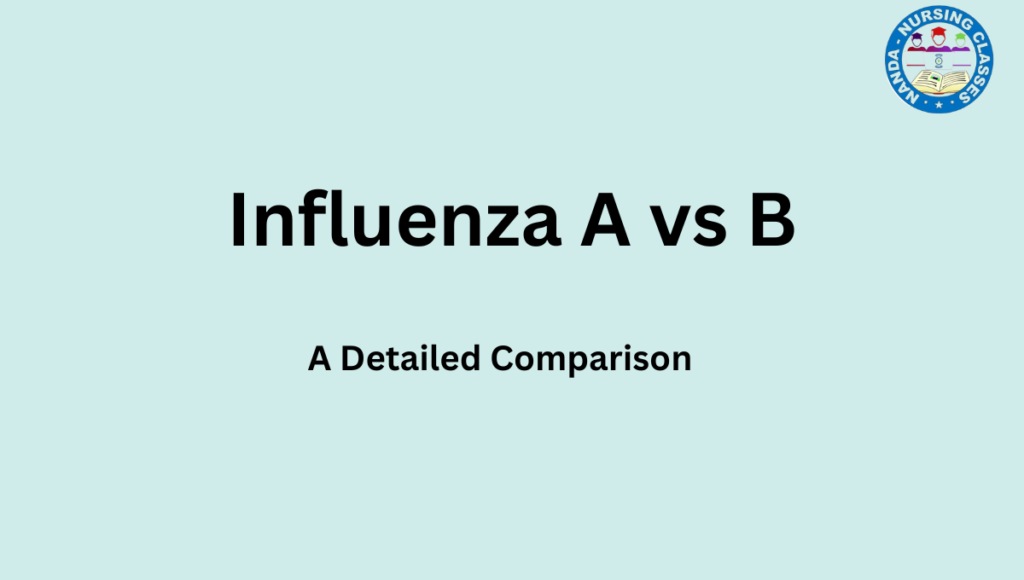Introduction
In today’s fast-paced world, access to quality healthcare is of utmost importance. However, rising medical costs often pose a significant challenge for individuals and families. This is where universal health subsidies come into play. In this comprehensive guide, we will delve into the concept of a universal health subsidy, its significance, and how it benefits the population at large.

What is a Universal Health Subsidy?
A universal health subsidy refers to a government program or policy aimed at making healthcare services more affordable and accessible to all citizens. It is designed to assist individuals who may struggle to afford the high costs associated with medical treatments, doctor visits, hospital stays, prescription drugs, and other healthcare expenses.
The Importance of Universal Health Subsidies
Universal health subsidies play a crucial role in ensuring that every individual, regardless of their socio-economic background, can access essential healthcare services. By providing financial assistance, these subsidies reduce the burden of healthcare expenses on individuals and families, allowing them to seek necessary medical care without facing financial hardships.
How Universal Health Subsidies Work
Universal health subsidies are typically funded by the government through various means, such as taxes or dedicated healthcare funds. The subsidies may take different forms depending on the healthcare system of a particular country. Some common types of universal health subsidies include:
Direct Financial Assistance: Under this form of subsidy, individuals receive direct financial aid to help cover their healthcare expenses. This could be in the form of vouchers, grants, or subsidies for health insurance premiums.
Discounted Healthcare Services: In some cases, healthcare providers may offer discounted services to individuals eligible for universal health subsidies. These discounts can significantly reduce the out-of-pocket costs associated with medical treatments.
Medicine Price Controls: Governments may regulate the prices of essential medications, ensuring that they are affordable for individuals availing of universal health subsidies. This measure prevents pharmaceutical companies from charging exorbitant prices for life-saving drugs.
Advantages of Universal Health Subsidies
Universal health subsidies bring forth several advantages that contribute to the overall well-being of a nation. Here are some key benefits:
Improved Access to Healthcare: By making healthcare services more affordable, universal health subsidies increase access to essential treatments, preventive care, and routine check-ups. This leads to early detection of health issues and timely interventions, improving overall health outcomes.
Financial Security: Universal health subsidies alleviate the financial burden of healthcare expenses, offering individuals and families peace of mind. This ensures that medical emergencies do not lead to severe financial crises or bankruptcy.
Reduced Health Disparities: Universal health subsidies bridge the gap between the rich and the poor by providing equal healthcare opportunities for all. This helps reduce health disparities and ensures that no one is denied medical care due to financial constraints.
Frequently Asked Questions (FAQs)
FAQ 1: Who is eligible for a universal health subsidy?
Individuals who meet specific criteria set by the government or healthcare authorities are generally eligible for universal health subsidies. These criteria often consider factors such as income level, age, disability status, and citizenship.
FAQ 2: How can I apply for a universal health subsidy?
To apply for a universal health subsidy, you usually need to fill out an application form provided by the government or relevant healthcare agency. The form will require information about your personal details, income, and any supporting documents that may be required for verification.
FAQ 3: Are universal health subsidies available in all countries?
The availability of universal health subsidies varies from country to country. While some nations have well-established universal healthcare systems with comprehensive subsidies, others may have limited or no subsidies in place.
FAQ 4: Can I choose my healthcare provider with a universal health subsidy?
In most cases, individuals availing of universal health subsidies have the freedom to choose their healthcare providers. However, it is essential to check the guidelines and restrictions associated with the specific subsidy program to understand the extent of provider choice available.
FAQ 5: Do universal health subsidies cover all medical expenses?
Universal health subsidies usually cover a wide range of medical expenses, including doctor visits, hospital stays, surgeries, preventive care, and prescription medications. However, the extent of coverage may vary depending on the subsidy program and the specific healthcare services provided.
FAQ 6: Are universal health subsidies sustainable in the long term?
The sustainability of universal health subsidies depends on various factors, including the economic stability of the country, healthcare funding mechanisms, and effective management of resources. Governments often evaluate and adjust subsidy programs periodically to ensure their long-term viability.
MustRead – Who Qualifies for a Health Subsidy? – A Comprehensive Guide to Eligibility Criteria
Conclusion
A universal health subsidy is a vital component of a fair and inclusive healthcare system. It empowers individuals and families to access necessary medical care without the fear of financial burden. By reducing healthcare disparities and promoting overall well-being, universal health subsidies contribute to the health and prosperity of a nation.
In summary, universal health subsidies play a crucial role in ensuring affordable and accessible healthcare for all. These subsidies provide financial assistance, improve access to medical treatments, and reduce health disparities. By implementing effective and sustainable subsidy programs, governments can create a healthier and more equitable society.






Thanks so much for providing individuals with an extremely splendid possiblity to read from here. It is usually so pleasurable and jam-packed with fun for me personally and my office fellow workers to search your web site on the least 3 times in one week to read the fresh secrets you have got. Of course, we’re certainly fulfilled for the astounding solutions served by you. Certain 2 tips in this post are undeniably the most efficient we have ever had.